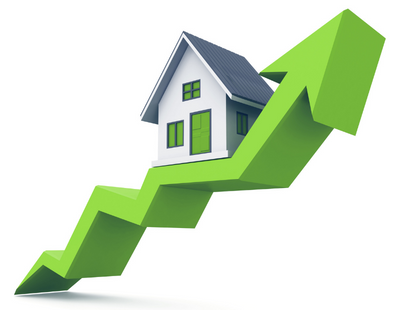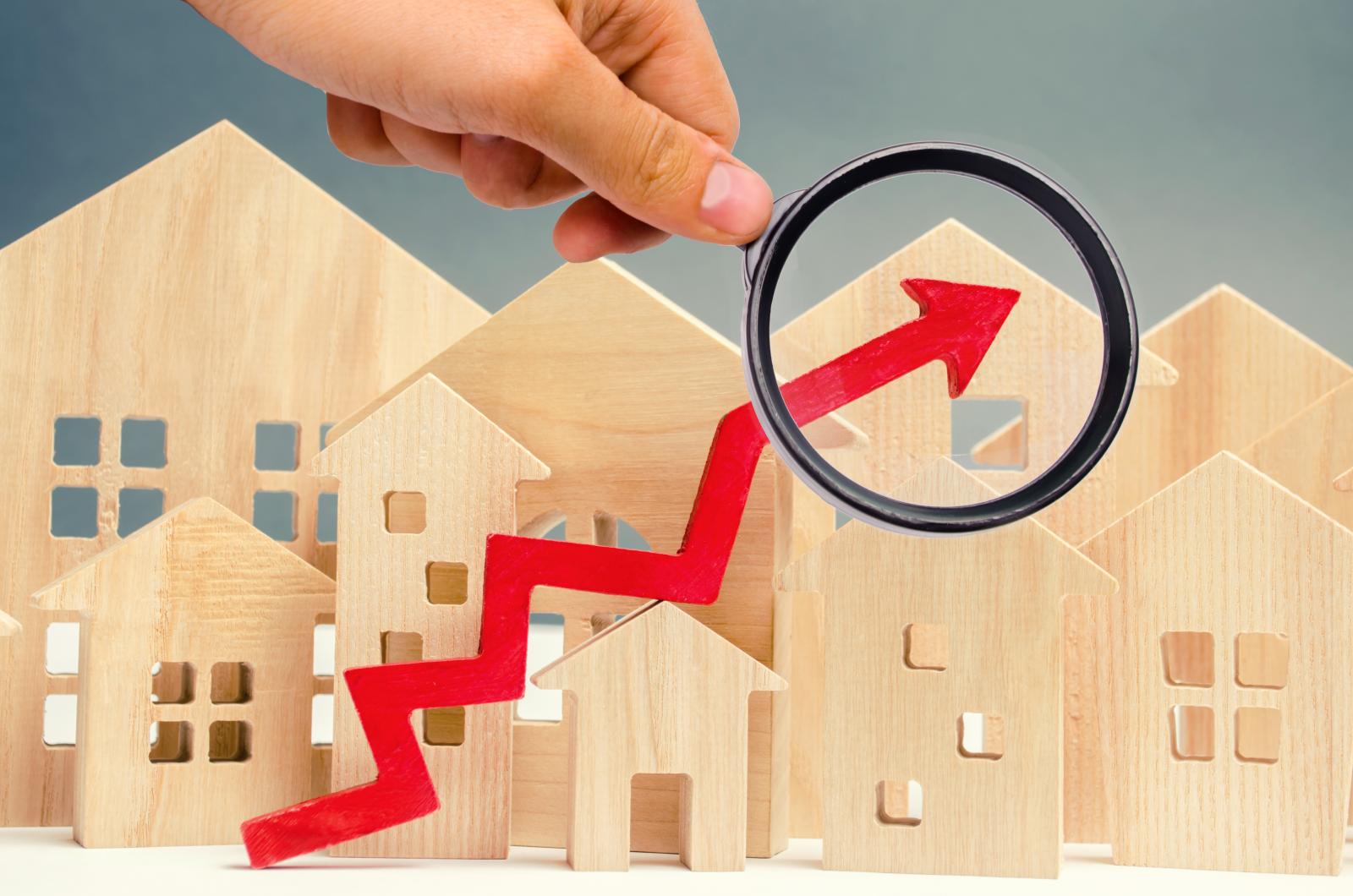In contrast, Nationwide’s House Price Index for February showed annual house price growth was down 1.1% last month and fell 0.5% on a monthly basis, while the latest Land Registry data for December showed annual growth was slowing and prices fell 0.4% on a monthly basis.
The Halifax data shows the rate of annual growth still slowed in all nations and regions in February.
Annual growth reduced most significantly in the North East, at 1.1% in February against a rise of 3.6% in January, while prices fell 0.9% in London.
By property type, prices of flats are now into negative territory over the past 12 months, down 0.3% annually, while prices for terraced properties have broadly stagnated at 0.3%, Halifax said.
Detached property prices are up 1.5% annually, the lowest rise since the end of 2019, according to Halifax.
Kim Kinnaird, director at Halifax Mortgages, said: “Recent reductions in mortgage rates, improving consumer confidence, and a continuing resilience in the labour market are arguably helping to stabilise prices following the falls seen in November and December.
“Still, with the cost of a home down on a quarterly basis, the underlying activity continues to indicate a general downward trend.
“In cash terms, house prices are down around £8,500 or 2.9% on the August 2022 peak but remain almost £9,000 above the average prices seen at the start of 2022 and are still above pre-pandemic levels, meaning most sellers will retain price gains made during the pandemic.
“With average house prices remaining high housing affordability will continue to feel challenging for many buyers.”
Commenting on the report, Tom Bill, head of UK residential research at Knight Frank, said: “The UK housing market appears near the end of a long hangover from the mini-Budget rather than on the verge of a price plunge.
“Activity stopped well before Christmas due to the mortgage market turmoil but has picked up this year as people come to terms with where rates are settling. That said, asking prices are likely to come under more pressure as we enter the traditionally busier spring market due to tighter affordability.
“We expect around half of the 20% increase seen during the pandemic to unwind but most evidence that is not backwards-looking points to a stronger market than expected.”
Nathan Emerson, chief executive of agency trade body Propertymark, added: "Year-on-year, estate agents across the UK have seen a small drop in the number of sales being agreed whilst the number of new properties coming to market has remained the same.
"Increases to interest rates have caused buyers to rethink their budget and haggle on price, but the drive evidently still remains to see their purchase through and move home."
https://www.halifax.co.uk/media-centre/house-price-index.html
















.png)


.png)




Join the conversation
Jump to latest comment and add your reply
House prices have become over-inflated over the last decade and a correction is necessary to restore a realistic ratio between average incomes and average house prices. Meanwhile, the latest interest rate forecasts from the US and the EU don't augur well for our lacklustre economy. Retrenchment is the watchword for agents for the next couple of years: judicious cost-cutting and a razor-sharp focus on cash-flow are prerequisites for survival - the article in EAT earlier this week concerning current insolvencies in the industry should be heeded.
Please login to comment